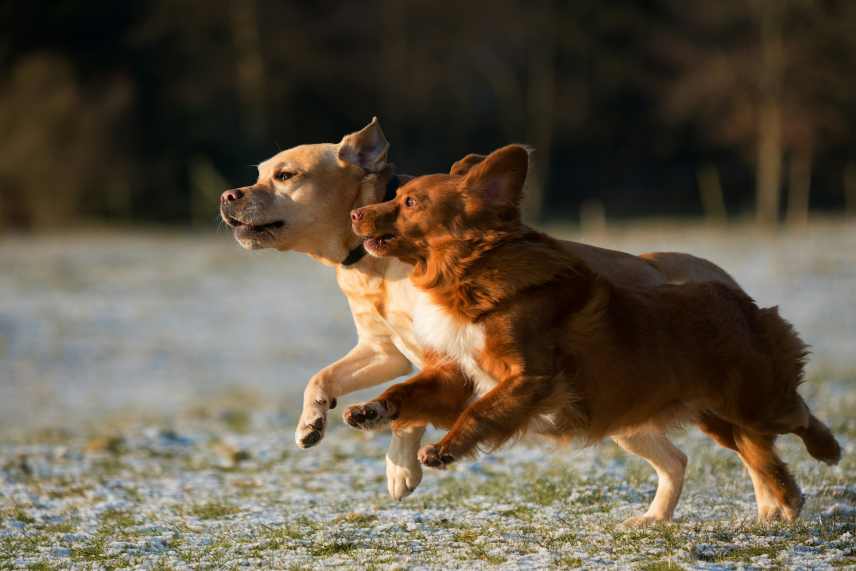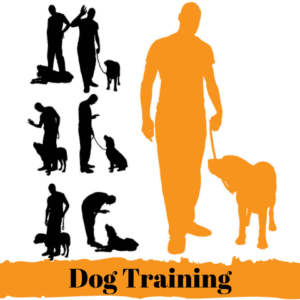Socialization is a cornerstone of dog training that goes beyond simple obedience. It’s about helping your dog navigate the world confidently, ensuring they’re comfortable and well-behaved around other animals, people, and in new environments.
Well-socialized dogs are not just a joy to be around; they’re also happier, more relaxed, and less prone to anxiety and aggression. Whether starting with a puppy or encouraging an adult dog to become more sociable, this guide will provide insights and strategies to foster a well-rounded, sociable canine companion.

The Importance of Socialization
Socialization shapes your dog’s personality and their ability to cope with the world around them. Dogs that are well-socialized from an early age tend to be more adaptable, resilient, and even-tempered to new situations, unfamiliar people, or other animals.
This adaptability reduces stress on both the dog and the owner, making public outings, vet visits, and interactions with guests and other pets more pleasant for everyone involved.
The Best Time for Socialization
The prime window for socializing puppies is between 3 and 14 weeks of age, during which they are most receptive to new experiences. However, there is always time to work on socialization with adult dogs; it may just require more patience and gradual exposure.
For older dogs, the process focuses on creating positive associations with new experiences and gradually reducing fear or aggression.
Effective Socialization Strategies
- Start with Safe, Controlled Environments: Begin socialization in environments you can control. This might mean playdates with known, friendly dogs or inviting guests over to gently introduce your dog to new people in a comfortable setting.
- Use Positive Reinforcement: Always associate new experiences with something positive. Treats, praise, and play are powerful tools for reinforcing good encounters with other animals and people.
- Gradual Exposure: Introduce new experiences gradually to avoid overwhelming your dog. Short, positive encounters are more effective than long, stressful ones. For example, if your dog is nervous around other dogs, start by observing from a distance before slowly decreasing the space between them over several sessions.
- Diversify Experiences: Expose your dog to a variety of scenarios, including different types of people (children, men, women, people with hats or umbrellas, etc.), environments (urban streets, parks, bodies of water), and other animals. This broad exposure helps your dog learn to adapt to a wide range of situations.
- Enroll in Training Classes: Puppy classes and group training sessions are excellent for socialization, offering structured environments where your dog can interact with others under professional supervision.
- Practice Regularly: Consistency is key to effective socialization. Regularly exposing your dog to new experiences helps reinforce their training and maintain their social skills.
Handling Setbacks in Socialization
Not all socialization efforts will go smoothly, and that’s okay. If your dog shows signs of fear or aggression, take a step back and slow down the pace of exposure. Consult with a professional dog trainer or behaviorist if you encounter persistent challenges.
They can offer tailored advice and strategies to address your dog’s specific needs.
The Role of Socialization in Behavioral Health
Socialization isn’t just about teaching your dog to be polite; it’s also vital for their mental health. Well-socialized dogs are less likely to develop behavioral problems such as separation anxiety, fearfulness, and aggression.
By providing your dog with a rich tapestry of positive experiences, you’re not just training them for the world but giving them the tools to thrive emotionally.
Wrapping Up
Socialization is a lifelong journey for your dog, offering continuous opportunities for growth and learning. Whether working with a playful puppy or helping an adult dog become more sociable, your efforts will pave the way for a happier, more confident companion.
Remember, socialization is about quality, not just quantity. Focus on creating positive, meaningful experiences, and you’ll set your dog up for a lifetime of social success.

